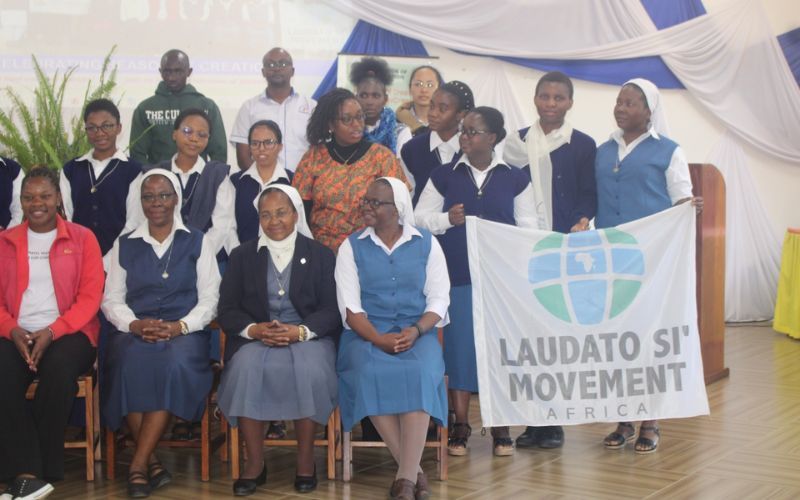Wanzala warned that the risks of oil leakage could be catastrophic considering that the pipeline is set to cut across sensitive ecosystems, including a section that passes through Lake Victoria, Africa’s largest freshwater lake.
She said, “Part of the pipeline passes through Lake Victoria, about a third of it. Lake Victoria feeds almost everyone in Africa in one way or another. It supports the livelihoods of 40 million people in Africa and directly employs about 40,000 in Kenya.”
“So in case of a leakage along that pipeline, we are going to lose everything as Kenya, as Africa, as a continent,” she said and added, “The pipeline is even passing through a national park. On top of that, it will be producing over 600 million tons of carbon per year. I feel this project is not good for us as Africans.”
The Kenyan Catholic youth further expressed concern about the pipeline’s potential contribution to climate change.
She said, “The pipeline will produce more than 600 million tons of carbon emissions per year. We are still working hard to limit global warming to 1.5 degrees Celsius, yet this project is going in the opposite direction.”
Wanzala, who is known for her advocacy against fossil fuels, regretted that despite these concerns, leaders in the East Africa region have continued to remain silent.
“We have petitioned the East Africa community, yeah, but the fact that they have not talked about it is even scary,” she said, alluding to a petition that youth from Uganda, Tanzania, and Kenya sent to the East African Legislative Assembly (EALA).
In the June 15 petition, the youth from the three East African Community (EAC) member countries challenged the implementation of EACOP and urged EALA “to immediately halt the project, protect human rights and ensure justice for affected communities, and strengthen environmental safeguards and climate policies.”
“We call upon the EAC Parliament to uphold its legal and moral obligations,” the youth say in the petition and proceed to demand the setting up of a “tribunal of inquiry to probe cases of human rights abuses, violations, and transgressions committed in the course of the EACOP project.”
They emphasize that the tribunal “should investigate all allegations of human rights abuses, recommend legal sanctions for the perpetrators, and provide reparations for victims.”
